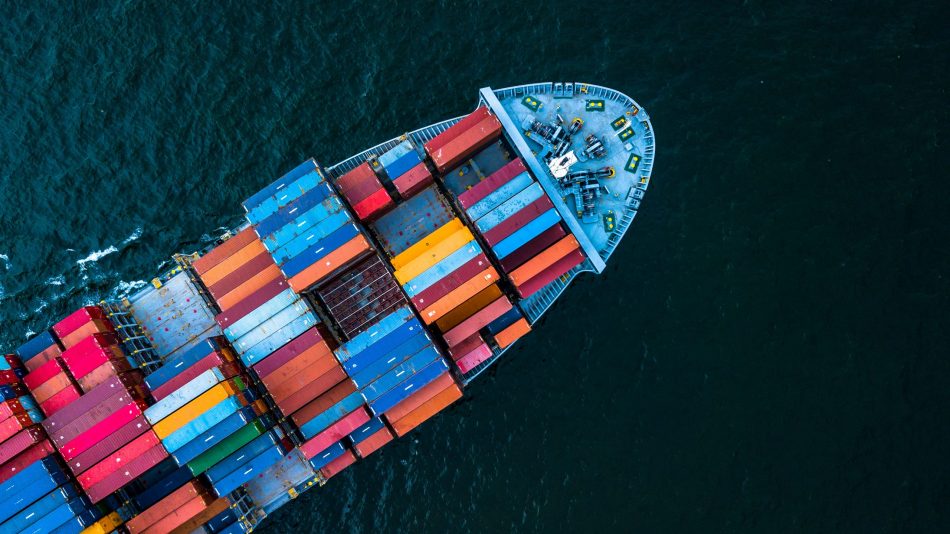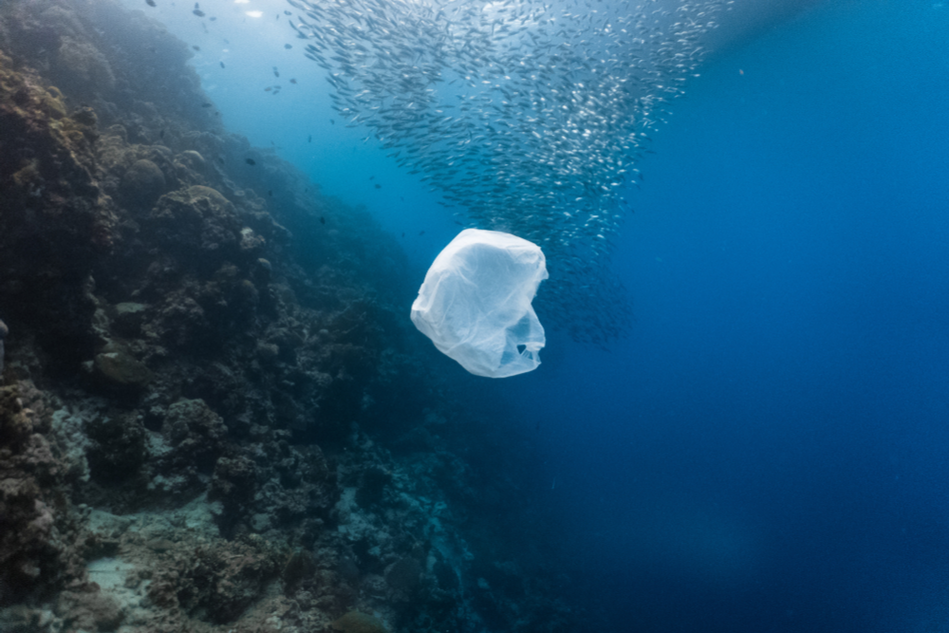Oceans
From tackling marine plastic pollution to coral reef restoration, learn about humanity’s latest efforts to protect ocean habitats and marine wildlife.

Understanding fish fins could yield more efficient airplane wings
Last week we wrote about how studying elephant trunks is helping scientists build more versatile robotics. Now, a group of researchers from the University of Colorado at Boulder has cracked the code on fish fins in the hopes that it will inspire similar design innovations. Fin structure Fish fins Read More...

First zero-emission crewless cargo ship to set sail in Norway
Norwegian chemical company Yara International has created the world’s first zero-emission autonomous cargo ship, the Yara Birkeland. The shipping industry accounts for between 2.5 and 3 percent of global greenhouse gas emissions, according to the International Maritime Organization. The aim of Read More...

Researchers discover ancient four-legged whale in Egypt
While it’s rather difficult to picture whales outside their vast marine habitats, the early ancestors of these gigantic creatures were actually terrestrial — and a recent discovery of new four-legged whale species brings to light more exciting evidence about the animals’ evolution from land Read More...

Ocean-exploring autonomous robot is inspired by penguins
Though humans have marveled and studied the ocean for thousands of years, much of it remains a mystery to us. One of those mysteries is ocean eddies, small ocean currents that impact the planet’s climate and therefore all life on earth. What we do know is that ocean eddies are responsible for Read More...

‘Nanojars’ can help remove CO2 and other major pollutants from water
While the most common environmental concern regarding carbon dioxide has to do with its greenhouse effects in the atmosphere, a lot of it actually ends up in our oceans, making them more acidic. In a bid to find a solution to this problem, researchers have recently developed “nanojars” that can Read More...

A group of students is using bubbles and robots to clear the world's rivers
Ocean plastic is a persistent problem that endangers wildlife and humans. Around eight to 12 million tons of plastic end up in the sea each year, inspiring projects like The Ocean Cleanup’s trash collecting system and this floating plastic island. However, removing plastic from the ocean is Read More...

5 Free climate change exhibits to visit virtually
Climate change—it’s a problem that is so weaved into all the facets of our lives that it can be overwhelming to try to understand it on our own. Luckily, more museums are making their climate exhibitions available for free online so that we can learn more about it from the comfort of our own Read More...

Snorkelers discover record-breaking coral in Great Barrier Reef
A group of snorkelers in Australia’s Great Barrier Reef discovered a true treasure during a dive last week. While swimming off the coast of Goolboodi island in Queensland’s Palm Island Group, they stumbled across a coral measuring 17.4 feet (5.3 meters) tall and 34.1 feet (10.4 meters) Read More...

New tidal energy design harvests double the energy from ocean waves
Tidal energy could soon hit record conversion efficiency thanks to a new development from scientists at Australia’s RMIT. The engineers have developed a novel design for a convertor that they claim operates with far greater efficiency than current systems. They hope the breakthrough could pave Read More...

Plastic crisis: India will ban single-use plastic items by 2022
With growing awareness about the huge environmental threat of single-use plastics, countries around the world, like Chile and New Zealand, have ramped up their efforts against plastic pollution by strategically banning disposable plastics. Now India is committing to a plastic-free future as well. Read More...


